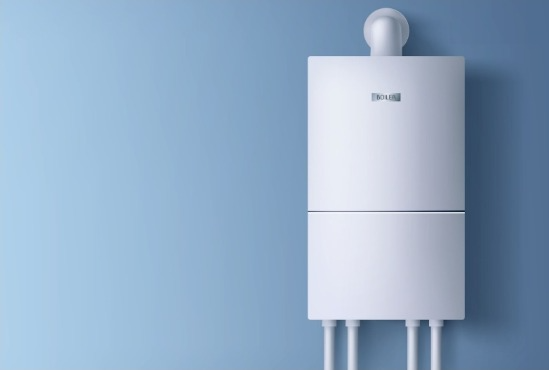The capital city of Australia, Canberra, is located in the Australian Capital Territory (ACT). Its population is approximately 426,000 people, and it is known for its natural beauty, modern architecture, and cultural attractions, like the National Gallery of Australia and the Australian War Memorial.
Hot water systems in canberra are an essential component of any modern household, and Canberra is no exception. With cold winter temperatures and hot summers, having steady access to hot water is a must for Canberra residents.
This guide will explore the different types of hot water installations available and the factors to consider when choosing a suitable water system for your home.
Types of Water Systems
There are various types of hot water installation systems available, including:
Storage Tank Systems
Storage tank systems are the most common type of system in Australia. These systems consist of a tank that stores hot water, which is heated using gas or electricity. When you turn on the water tap, the hot water is then delivered to your faucet.
Continuous Flow Systems
Continuous flow systems, also known as tankless systems, heat water on demand. These systems are energy-efficient as they only heat water when you need it. It’s worth noting that heat pump systems have a limited flow rate and may not be the best option for larger households with high hot water demands.
Heat Pump Systems
Heat pump systems are designed to draw heat from the air outside and utilise it to heat the water. These systems are known for their excellent energy efficiency and can provide significant savings on your energy bills in the long term. However, due to their advanced technology and installation requirements, heat pump systems can be more expensive to install compared to other types of water systems.
Solar Water Systems
There are various types of hot water systems available in Canberra, including solar water systems that utilise solar panels to heat the water. These systems are famous for their energy efficiency and can significantly reduce your energy bills. However, it’s essential to consider the amount of sunlight in your area, as solar water systems may not be suitable for homes with limited sunlight exposure. Choosing the appropriate hot water system for your home depends on your requirements and budget, and each system has its own pros and cons.
Factors to Consider When Choosing the Suitable System
There are some factors to consider while selecting suitable systems:
Size
The number of members in your household and your hot water usage should decide the size of your water system. An enormous household with high hot water usage will require a more extensive system to meet its needs.
Energy Efficiency
Energy-efficient systems can help you save money on your energy bills. Heat pumps and solar water systems are highly energy-efficient, but they may be more expensive to install than other types of systems.
Installation Costs
The installation costs of a system will vary depending on the type of installation system you choose and the complexity of the installation. It is important to consider the budget when choosing a system for your home.
Maintenance Costs
Some installations may require more maintenance than others. It is essential to consider the maintenance costs when choosing a system for your home.
Warranty
Choosing a water installation system with a fantastic warranty is vital to ensure that you are protected in the circumstance of any issues with the system.
Conclusion
Choosing the suitable hot water systems in canberra for your home is vital to ensure that you have access to hot water when needed. Various types of systems are available, each with advantages and disadvantages. When choosing a system for your home, it is crucial to consider factors such as size, energy efficiency, installation costs, maintenance costs, and warranty. By considering these factors, you can select the suitable system for your home that meets your needs and fits within your budget.
Author


